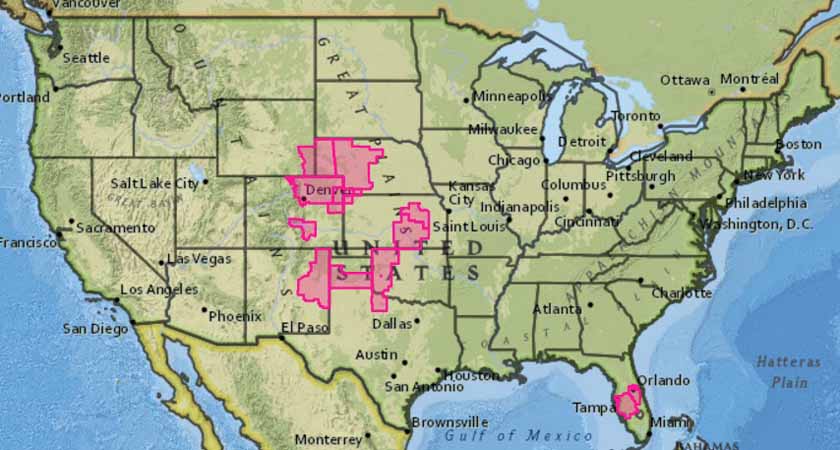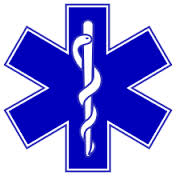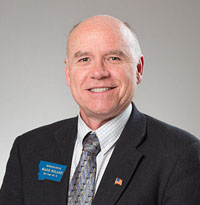Above: Sunshine Fire near Boulder Colorado. Photo by Colorado’s Multi-mission Aircraft.
(UPDATED at 10:45 a.m. MDT March 20, 2017)
The pre-evacuation and mandatory evacuation orders west of Boulder, Colorado for the Sunshine Fire have been lifted.
The strong winds predicted for Sunday night did not occur and firefighters have been able to contain the fire within hand-built firelines, roads, and retardant dropped from aircraft.
Colorado’s front range between Colorado Springs and the Wyoming border is the only area on Monday under a Red Flag Warning.

ABC’s Good Morning America devoted over two minutes on Monday to the fire in Colorado and the wildfire danger in the United States.

****
(Originally published at 5:47 p.m. MDT March 19, 2017)
The Sunshine Fire on the west side of Boulder, Colorado has burned about 62 acres since it started early Sunday morning and has required the evacuation of 426 homes. The spread slowed late Sunday afternoon thanks to the work of firefighters on the ground, several helicopters, and at least one air tanker.
20% containment area is in the area of Sunshine Canyon Dr. and Centennial Trail. #SunshineFire FB: ttp://ow.ly/pikc30a3mmt pic.twitter.com/vj6g2Xcz71
— Boulder OEM (@BoulderOEM) March 19, 2017

Grateful for the air support from @coloradogov #SunshineFire pic.twitter.com/YLoGIVJiWn
— Boulder OEM (@BoulderOEM) March 19, 2017
View from the sky of #SunshineFire pic.twitter.com/Go6mGpCkQN
— Boulder OEM (@BoulderOEM) March 19, 2017





